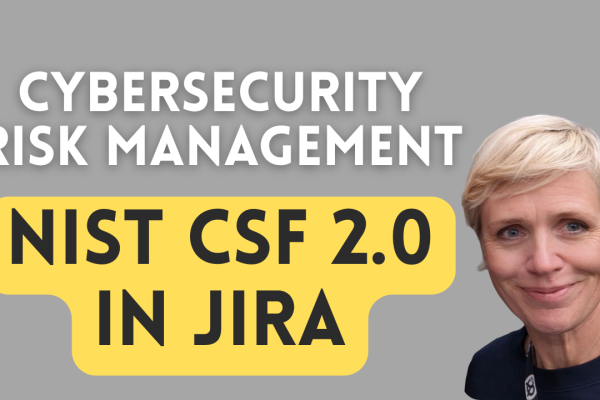Compliant Risk Management is a mandatory regulatory requirement for companies in medical device and other safety-critical domains. It is a specific aspect of safety-critical system development that requires linking risks to system/software design and testing to ensure the system is safe to use.
Various standalone solutions exist today for safety-critical system developers that help automate regulatory compliance but almost all of them cover the entire software development lifecycle.
Standalone solutions for risk management or for system design constitute the traditional way that safety-critical domains have taken. Each standalone system is managed and operated independently with no integration or interface between different systems within the organization or with their suppliers. This leads to cumbersome and time-consuming integration as well as updating efforts.
With an increasing amount of software in safety-critical systems, software developers often prefer to work with open and integrated solutions where different aspects of system development are seamlessly linked to one another.
The main benefit of integrated solutions is the utilization of the already existing systems in the organization. Utilizing and integrating various aspects with the existing systems will speed up the process of automation, reporting and preparing for regulatory audits.
With a quick comparison of integrated and standalone Risk Management solutions below, the question would rise as to who would want yet another standalone solution/tool?
Benefits of Integrated Risk Management Solutions
An integrated risk management solution allows software developers to utilize the already existing platform (e.g. Atlassian) seamlessly linking software requirements and test cases to risks as required for compliant risk management.
Through integrated solution, the existing platform will be fully utilized and there is no need to train the employees thus speeding up the process of compliance as the users already know how to use the platform.
The most important benefit of integrated targeted solutions is that the end user of the solution, the Regulatory Affairs Manager, gets exactly the right solution for his or her problem – there will be no additional coding or complex configuration required! Such targeted integrated software solutions address the specific needs of regulated safety-critical system developers while offering a cheaper and more up to date solution.
SoftComply Risk Manager is an add-on for Atlassian JIRA, available for both JIRA Cloud and JIRA Server. You can try it for free for a month!
Contact us to arrange a quick call or demo!







